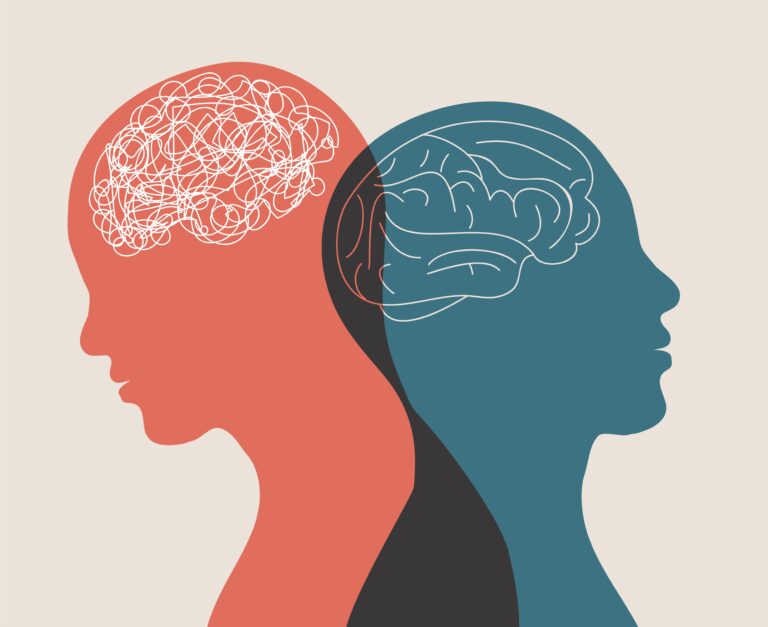Making Mental Health in Global Aid a Priority
Mental health is often overlooked in the context of global aid efforts. In many developing countries, focus is primarily placed on physical health, economic stability, and infrastructure development, while mental health issues remain largely unaddressed. To understand the significance of incorporating mental health into global aid, it is crucial to explore the implications of neglecting this vital aspect.
The Impact of Mental Health on Communities
In communities where mental health issues are prevalent, the social fabric can be severely affected. High rates of anxiety, depression, and other mental health disorders can lead to reduced productivity, increased crime rates, and strained family relationships. Addressing mental health can thus be seen as a cornerstone for improving overall community well-being.
Challenges in Integrating Mental Health into Global Aid
One of the primary challenges in integrating mental health into global aid is the stigma associated with mental health issues. Cultural beliefs often discourage open discussions about mental illness, which can make it difficult for individuals to seek help. Efforts to normalize conversations around mental health are essential for developing effective aid programs.
Successful Models of Mental Health Integration
There have been successful models in various countries that integrate mental health into broader healthcare initiatives. These models often include training for local health workers, community support programs, and awareness campaigns to reduce stigma. Such approaches demonstrate that mental health can be effectively included in global aid strategies.
Policy Changes and Resource Allocation
To make mental health a priority in global aid, significant policy changes are needed. Increasing funding for mental health programs and creating policies that specifically address mental health issues will help elevate its importance on the global agenda. These changes must be accompanied by proper resource allocation to ensure that mental health services are adequately supported.
The Role of Organizations and Advocacy
Organizations dedicated to mental health advocacy play a crucial role in making mental health a priority in global aid. By raising awareness and pushing for policy changes, they can help shift the narrative to include psychological well-being as a fundamental human right. For more on this important topic, consider visiting this resource.
Conclusion
Making mental health a priority in global aid is not only an ethical imperative but also a practical one. By addressing mental health in conjunction with physical health and economic development, we can create more holistic and effective strategies for sustainable growth. It is time for mental health to take its rightful place in the global aid conversation.

